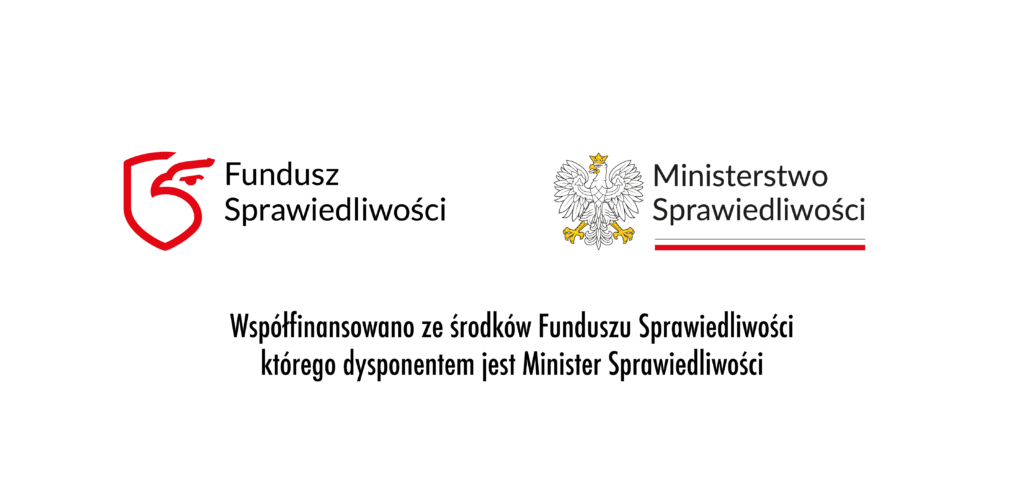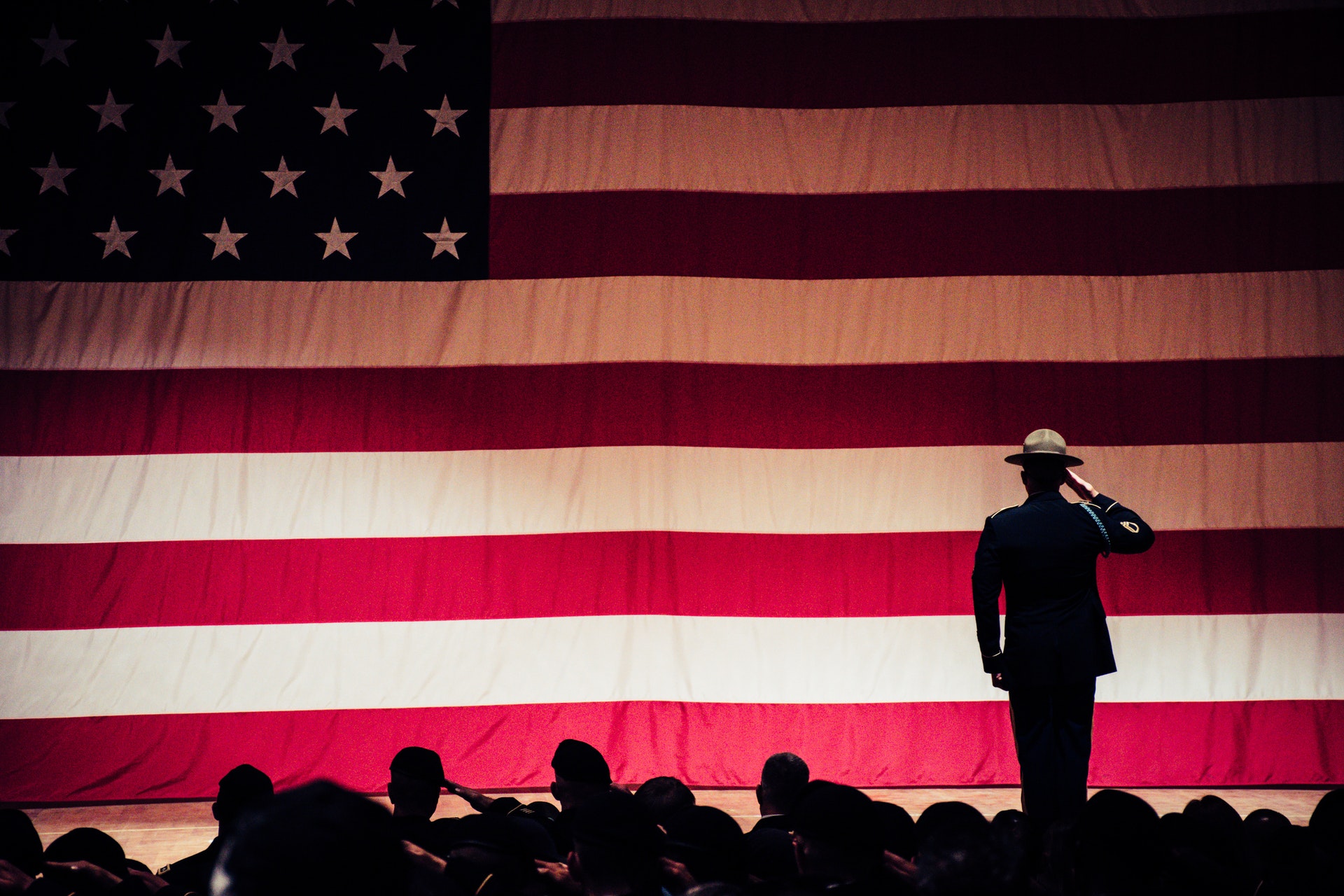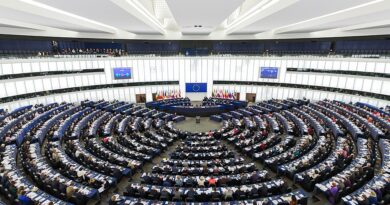An end to the German-Russian coalition?
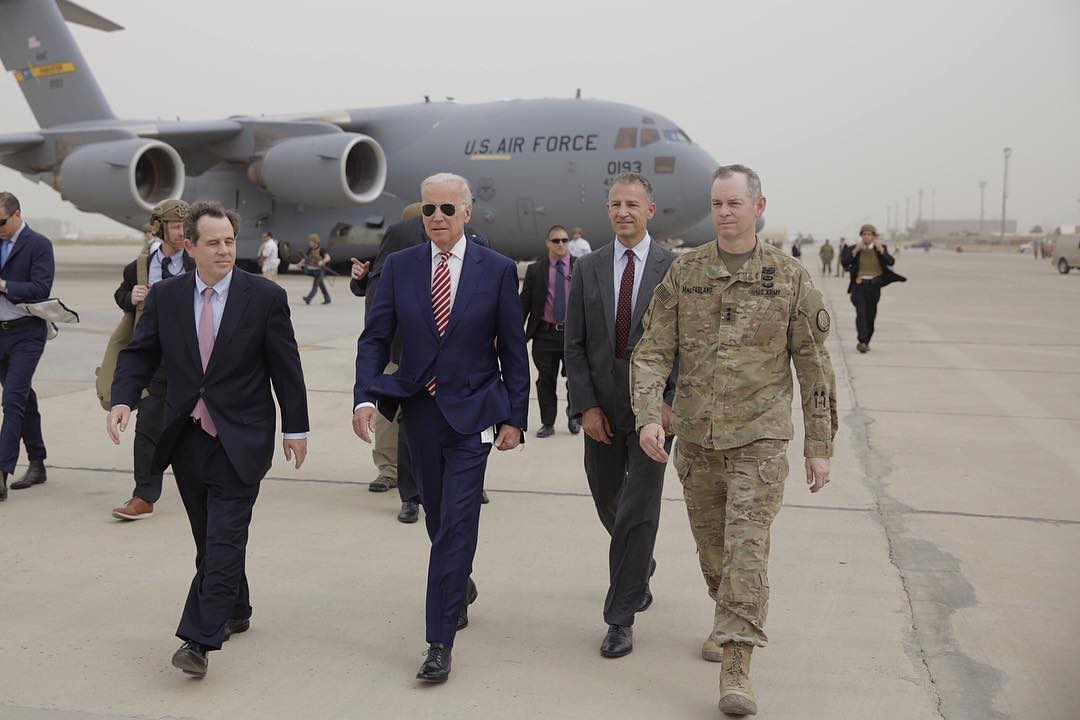
While Biden’s visit to Poland was a symbol of punishment for Germany and France, it was primarily a signal sent to China. Will the Poles fight for a good place in the new balance of power in the world?
Rafał A. Ziemkiewicz
Joe Biden’s long-awaited speech in Warsaw contained neither specifics nor anything that had not been announced earlier. I don’t understand those who were disappointed by it: the point of a visit by the US president is always the visit itself. What was supposedly concrete and groundbreaking in John F. Kennedy’s still-famous declaration: “I am a Berliner”? Only that he made it precisely in Berlin and not in Washington.
Germans and the French Humiliated
In our case, what is more important is not even that Biden came to Warsaw, and for the second time in a year, but that he did not fly to Berlin or Paris. He also did not appear in Munich, where the presence of the US President would have been taken for granted just a year ago (there, he was replaced by Kamala Harris, whose importance in American politics can be seen by everyone).
In addition, the trip to Poland was combined with a visit to Kiev, which was kept secret until the last minute. No one is likely to suggest that Biden had something to discuss with Zelensky there that both of them could not have discussed not much earlier during the Ukrainian leader’s visit to the US. Showing up in the city, constantly beset by Russian shelling, was a spectacular humiliation for Putin, who never dared to appear in Donbas or Lugansk or come within perhaps 100 kilometers of the front line. I’m in Kiev, said Biden to the aggressor (or more precisely: I’ll be in Kiev in a few hours) – and what are you going to do to me? The desperate reaction of Russian propaganda to this humiliation, the hastily produced narrative: “Biden couldn’t have come if we hadn’t let him,” is worth exactly as much as all the propaganda assurances about “planned retreat to preemptive positions,” and it’s a shame, really, that even in Poland the Russians found “useful idiots” to aggregate it.
As for Warsaw, here the addressee of the sent signal was different. From Moscow’s point of view, emphasizing that Poland is a pivotal point in the entire U.S. strategy of supplying Ukraine and rebuilding the geopolitics of the region is irrelevant: Russia knows this very well, it has never made a secret of the fact that it regards Poland as an enemy fortress that must be destroyed, and the political aspects of using this fortress is of lower interest. The fact that “on the way to Warsaw the U.S. President only flew over Paris and Berlin,” as one major German newspaper put it, was a symbolic punishment of these capitals for their ambiguous attitude and a demonstration that the European doctrine: “Sooner or later, after all, it will be necessary to return to friendly relations with Russia, such as it is,” is not compatible with the American one.
A signal worth noting in this context is the media campaign, undertaken by politicians and media of the left-liberal opposition shortly before the visit, a campaign, by the way, that defies common sense, as if the fact that Biden will only talk to Polish leaders lowers our international importance (yes!), and that it was necessary to try to get him to meet with Macron and Scholz in Warsaw. There was more to it than just another manifestation of the inexhaustible readiness in the left-liberal world to criticize the Law and Justice party for everything and in every aspect; it was also a clear sign, not the first and not the only one, of the uncritical picking up there of every narrative coming from the opinion-making circles of the “old Union.”
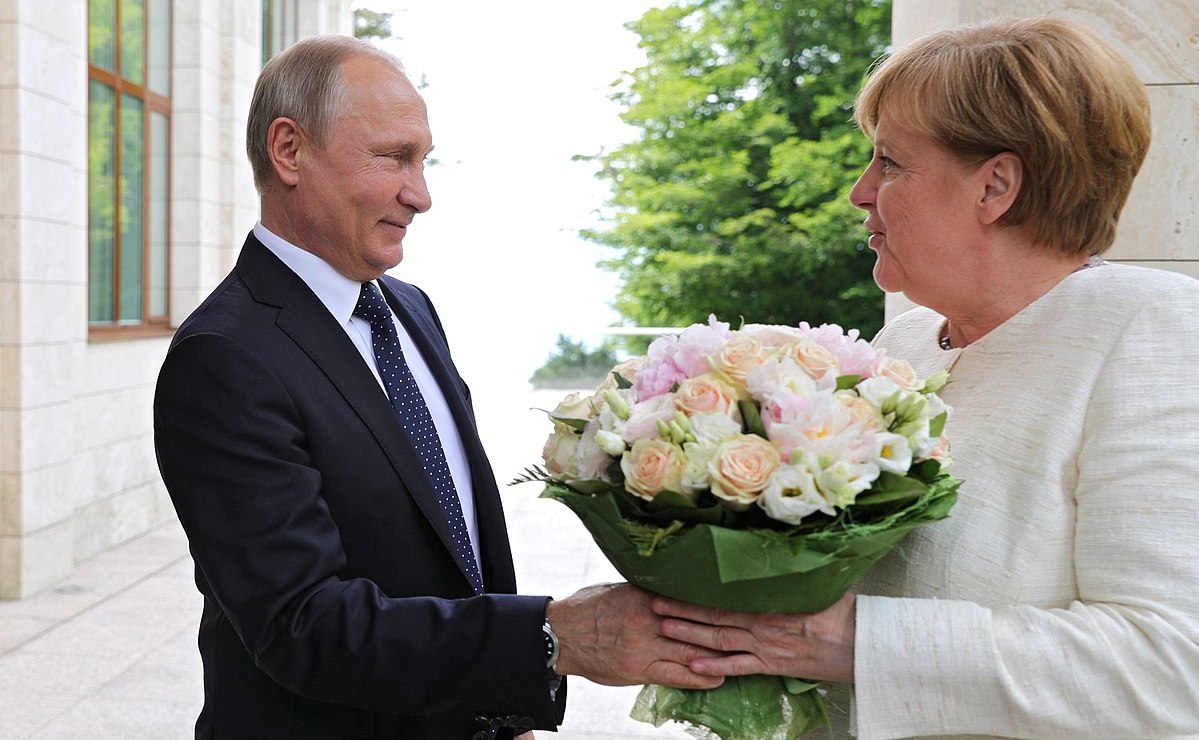
In this context, it is worth noting that on the eve of the US President’s visit, the Italian Prime Minister was also present in Warsaw, and even took part in “attracting” Biden’s surprise visit to Ukraine (on the day she arrived in Warsaw, she was, according to the original announcements, supposed to be in Kiev, where the US President in fact appeared that day – this allowed the preparations for the visit to be disguised as security measures taken with the Italian Prime Minister in mind). In the geopolitical game that revolves around the war in Ukraine, Italy does not have strategic interests that coincide with us, its problem is the South and the “Soros cabs” sent from there, but its other, increasingly important problem is Germany. In particular, Germany’s announced bailout of its own economy to the tune of 300 billion euros, which is tantamount to the announcement of massive “hostile takeovers” by Germans of companies from smaller EU countries. The theme of the need for solidarity against such a brazen violation of the treaty basis of the Union was, by the way, very clearly emphasized in the joint statements of Georgia Meloni and Mateusz Morawiecki, and it is a pity that these statements were left “in the shadows” due to Biden’s visit.
What Biden says to Xi
However, the main addressee of the signal, which was the appearance of the US president in Kiev and the apotheosis arranged for him in Warsaw, was neither Moscow, Berlin, or Paris, but Beijing. For we must look at the war in the East, including our participation in it, with the knowledge that it is a “proxy war,” a proxy war in which, at the hands of the Russians and Ukrainians, the powers competing for the position of the world’s number one superpower clash. Which, by the way, makes the (sadly) numerous “analyses” that cite the 1939 situation as a historical reference point for today can be unilaterally thrown into the trash without bothering with them at all.
In the language of the social spheres from which I come, Biden’s message to Xi Jinping could be summarized as follows: “If you continue to let your dog jump at me in harm’s way, I’ve got a big enough stick to beat it till it bleeds, and then you’ll lose face.” It is no coincidence that the whole trip coincided with US Secretary of State Antony Blinken’s public accusation of China’s intention to provide Russia with armaments to support its aggression against Ukraine. China, let’s remember, responded in a tone of indignation that they have no such plans and the US accusations are a provocation based on rumors spread by enemies. I read this exchange (although having no knowledge greater than what has been announced in the media, I wouldn’t bet my own reading on the money) as an unequivocal threat against China – “don’t even think about rearming Putin” – reinforcing the eloquence of the President’s European trip.
All this is part of a game, the meaning of which and in these pages and elsewhere I have explained many times, so only in the briefest of terms. Faced with Russia’s rejection of numerous U.S. efforts to win it to the role of a regional power allied with the U.S., Washington has decided to reduce it to the role of a small state and push it deeper into Asia. This requires building a new political architecture of the former Jagiellonian area, which is opposed by Germany, which still believes in the possibility of preserving the fruits of Merkel’s policies and in the “neo-Bismarckian” order, i.e. Germany’s dominance over the west of the continent thanks to its reliance on Russia and China. America, through the mouth of Biden, is telling them: you must change your policy and align it with ours, or we will shift the focus in the region to Warsaw and elevate Poland to the role of our main European partner.
Whether this is an intention that will be implemented or just a political lever to change German policy remains to be seen, and will depend on many factors, including how the Poles themselves act. They may try to seize this unique opportunity to break out of the eternal Russian-German embrace, or they may squander it. How they will act depends on whether they will find the will to fight for their own (knowing that this may, though not necessarily, cost more than “two pennies and two drops of blood”) or remain in the sloth they have so loved for years, rationalized by “realism” of the type: “We are, after all, weak and nothing works out for us, again the Americans will trick us and leave, and we will be left with the Russians on our backs.”
The remaining issues related to this visit is merely a big show and a display of Polish flaws and complexes that were revealed on the occasion. That, however, is a different, separate topic and I’m not sure it’s worth writing about.
This article was published in February 2023 in “Do Rzeczy” weekly.
